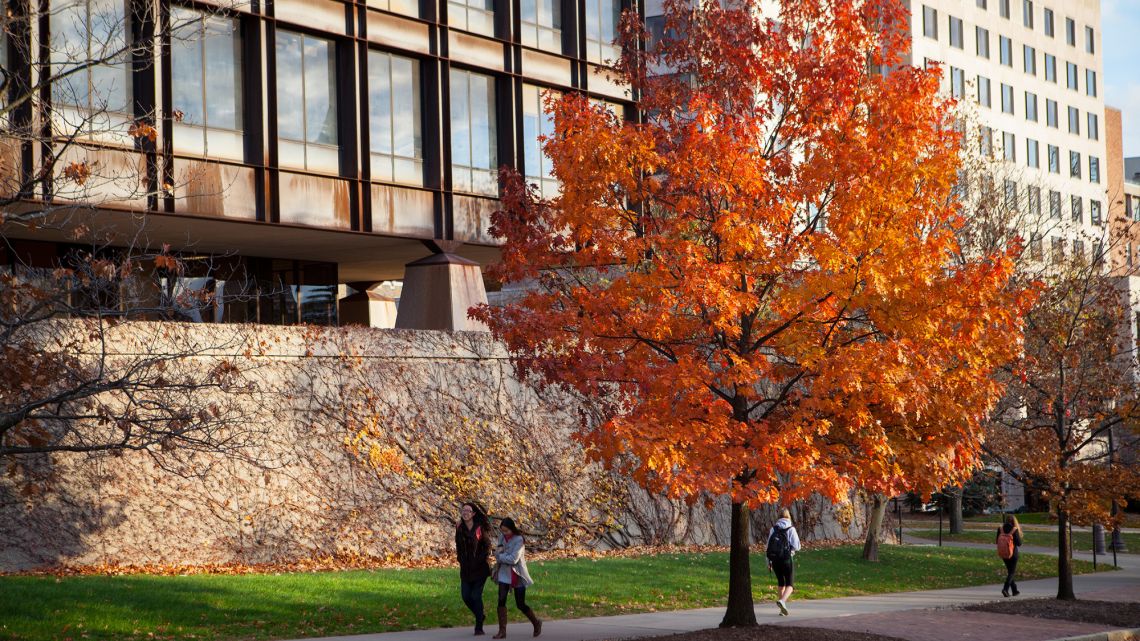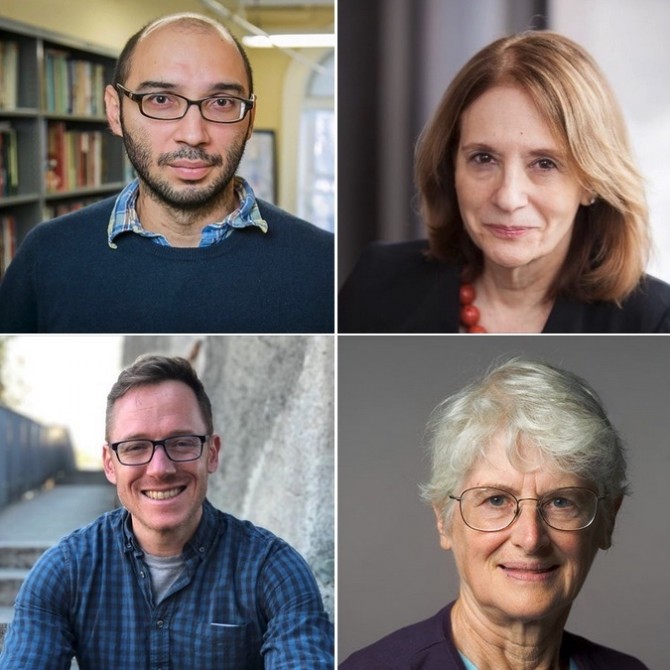
News directly from Cornell's colleges and centers
Einaudi welcomes new program directors and opportunities
By Lia Sokol
Three new faculty program directors join the Mario Einaudi Center for International Studies this fall, providing leadership for the center’s regional programs on Latin America and the Caribbean, Europe and Southeast Asia. As Cornell settles into the first semester of in-person instruction in over a year, Einaudi is excited to introduce the new program directors and share some of their plans for the academic year.
Ernesto Bassi, director of the Latin American and Caribbean Studies Program (LACS) and associate professor in the Department of History in the College of Arts and Sciences, says his top priority for the year is to give greater campus visibility to Caribbean issues and lay the groundwork for a longer-term project: developing a Caribbean studies minor based at LACS.
LACS’s recent renaming reflects the program’s growing emphasis on Caribbean studies. Cornell’s Migrations initiative, part of Global Cornell, has funded Bassi, history professor Judith Byfield (A&S) and a number of faculty collaborators to develop curriculum studying migration to and from the Caribbean.
Professor of sociology Mabel Berezin (A&S) joins the Einaudi Center as director of the Institute for European Studies (IES). She plans to consolidate research and programming this year on three major themes: environmental issues and Einaudi’s global research priorities on democratic threats and resilience and Migrations. She hopes IES’s work will help students “understand the multifaceted entity that Europe is on a political, cultural, social and geographical level.”
The Southeast Asia Program (SEAP) “has a big year planned,” says new director Thomas Pepinsky, the Walter F. LaFeber Professor of Government and Public Policy (A&S and Cornell Jeb E. Brooks School of Public Policy). One emphasis for SEAP will be antiracism initiatives bridging the Southeast Asian and Asian American studies programs, reinforcing Einaudi’s racial justice research priority.
Pepinsky notes that valuable resources at the Johnson Museum of Art and Kroch Library Asia Collections are available for engagement, teaching and study and will be a focus now that SEAP faculty, staff and students have returned to campus.
Bassi, Pepinsky and Berezin are joined by Judith Reppy, acting director of the Judith Reppy Institute for Peace and Conflict Studies (PACS) this year. The Einaudi Center thanks outgoing program directors Ken Roberts (LACS), Esra Akcan (IES) and Abby Cohn (SEAP) for their intellectual energy, hard work and fellowship.
“The Einaudi Center is thrilled to welcome our new program directors,” said Einaudi Center director Rachel Riedl. “This inspiring leadership team showcases the resonance of our cross-cutting research priorities and the importance of deep area expertise for innovative research and global impact.”
The directors emphasize that their programs cater to students with a wide variety of interests. Program events are open to anyone in the Cornell community, and many events are open to the public as well.
“These lectures offer a unique opportunity to learn about the history, politics, economy, environment and culture of Latin America and the Caribbean,” said Bassi of the LACS seminars. “I like to think of them as a key venue for community building.”
“What I’d like students and the broader Cornell community to understand is that we enjoy engaging with students from a broad range of backgrounds,” Pepinsky said. He hopes students come away from SEAP’s programming having learned about “fascinating ways to think about the interconnectedness of our world.”
Lia Sokol ’23 is a writing intern for Global Cornell.
Media Contact
Get Cornell news delivered right to your inbox.
Subscribe

